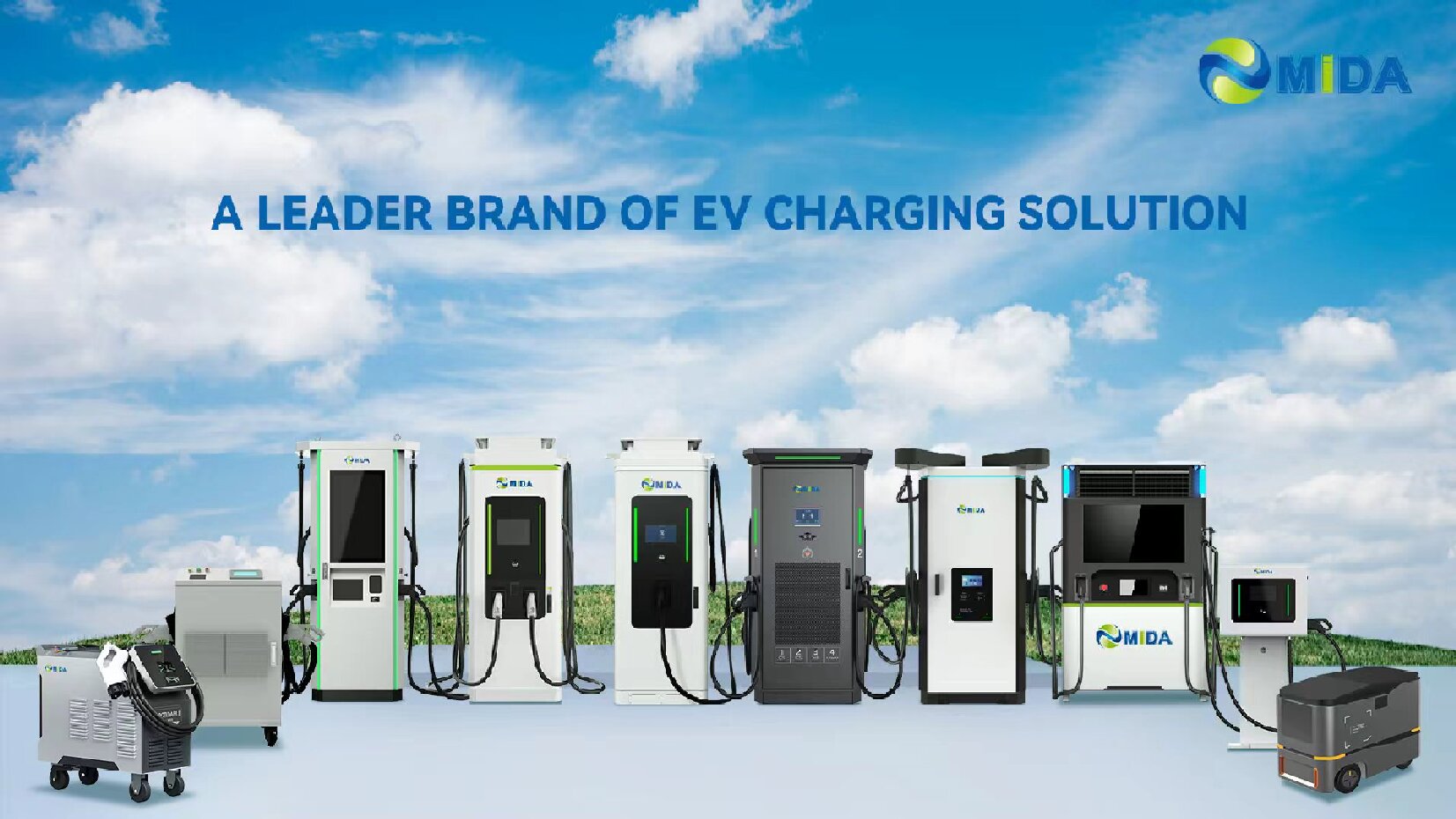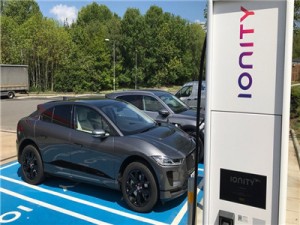Electric cars and plug-in hybrids should be exempt from VAT to help stimulate their growth, according to the body which represents car makers in the UK.
The Society of Motor Manufacturers and Traders (SMMT) has urged the Chancellor, Rishi Sunak, to remove the tax from zero-emissions capable vehicles in his Budget next week to make them more affordable.
It argues that by cutting VAT from pure electric vehicles (EVs), plug-in hybrids (PHEVs) and hydrogen fuel cell cars (FCEVs), the average price would immediately drop by around £5,600.
New car registrations fell by 2.9 per cent in February and while EV and PHEV registrations were both up the SMMT argues that they still represent a tiny portion of the market and more needs to be done to accelerate their uptake.
The SMMT’s chief executive Mike Hawes said that the Government needs to use incentives rather than punishments to encourage more drivers to switch to EVs and PHEVs.
The SMMT says that the upfront cost of EVs could be cut by as much as £10,000 if the Government takes “bold steps” to increase their attractiveness. It wants the plug-in car grant to be kept at its current £3,500 and to once again apply to plug-in hybrids as well as pure-electric cars. It is also calling for EVs and PHEVs to be exempt from VED (car tax) and insurance premium tax.
He said: “To drive the transition to zero emission motoring, we need carrots, not sticks – as the evidence shows, talk of bans and penalties only means people hang on to their older, more polluting vehicles for longer.
“It’s time for a change of approach, which means encouraging the consumer to invest in the cleanest new car that best suits their needs. If that is to be electric, government must take bold action to make these vehicles more affordable and as convenient to recharge as their petrol and diesel equivalents are to refuel.”
EV registrations were up 243 per cent, to 2,508, while PHEVs were up 50 per cent to 2,058. However, combined they still only account for 5.8 per cent of the market.
Post time: Jan-07-2021




